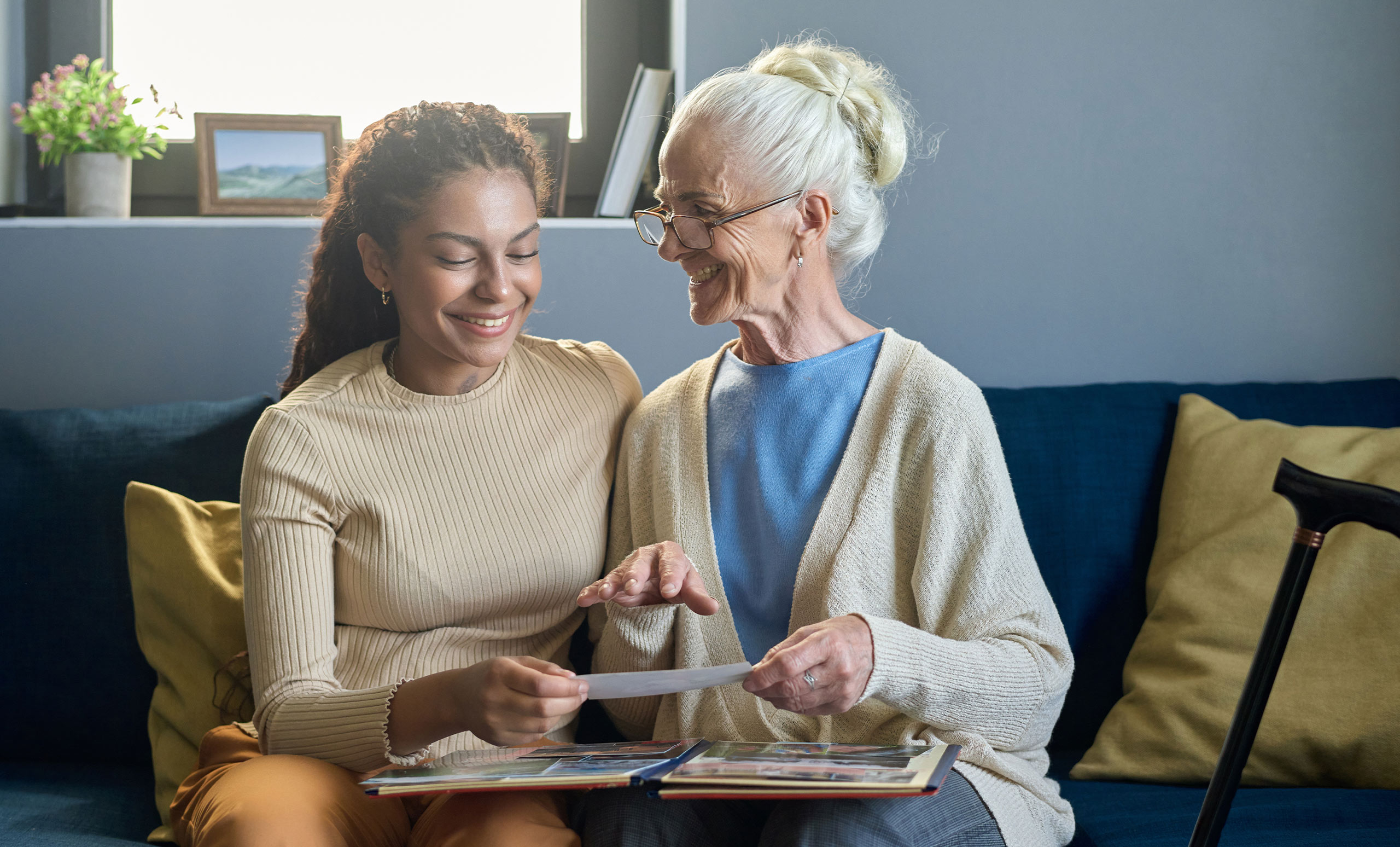Caregiving for a loved one is a demanding, emotional, and often overwhelming responsibility. Whether you are caring for an aging parent, a chronically ill spouse, or a different loved one, the weight of ensuring their well-being can be huge. Amidst these challenges, caregivers frequently encounter well-intended and kind but unsolicited advice from family, friends, and acquaintances. While these people may act out of genuine concern, their unsolicited opinions might be harmful instead of helpful.
The Impact of Unsolicited Advice on Caregivers
The Caregiver’s Perspective
For a caregiver, every day brings particular challenges. A primary caregiver is in charge of their loved one’s physical needs and also manages emotional, financial, and logistical demands. It is a role that often leaves little room for self-care or relaxation. In this environment, unsolicited advice can feel like criticism, even if it is offered with the best intentions.
It can become extremely overwhelming to receive unsolicited opinions when you are already under stress. They may trigger feelings of inadequacy, frustration, or guilt. After all, the caregiver is doing everything within their power to provide the best possible care. When an individual, especially someone not involved in the day-to-day caregiving, offers advice without complete knowledge of the situation, it can feel as if they are undermining the caregiver’s efforts.
Why Can Unsolicited Advice Be Harmful?
It is often perceived as criticism, regardless of the advisor’s intentions. As if they believe they know better or think the caregiver is not doing enough. The situation can be particularly frustrating if the advice is outdated, vague, or irrelevant to the patient’s situation.
Moreover, unsolicited advice often overlooks how complex caregiving is. For example, suggestions of the caregiver to “take more breaks” or “find more help” does not always realize that these solutions are not easily possible due to lack of support, financial constraints, or the patient’s specific needs.

Managing Unsolicited Advice with Grace

How to Stop Giving Unsolicited Advice
The Impulse to Offer Advice
If you usually feel compelled to offer advice, it could be good to recognize when this urge arises and why. Most of the time, the desire to give advice comes from a need to feel helpful or to clear our own discomfort with a challenging situation. However, it is crucial to remember that what worked for you may not apply to someone else’s particular circumstances.
Before offering advice, ask yourself whether it is truly necessary or if it is more appropriate just to be there offering support. Sometimes, the best thing we can do to help is to listen, provide emotional support, or offer practical assistance without giving unsolicited opinions.
Asking Before Advising
One of the easiest ways to not give unsolicited advice is to ask permission first. Before sharing your thoughts, you might say, “I have some ideas that might help, would you like to hear them?” By asking first, you respect the caregiver’s autonomy and allow them to decide if they feel the advice would be helpful.
If the caregiver declines, respect their decision and offer your support in other ways.
Providing Support Without Criticism
Instead of offering advice, consider how you can be there for the caregiver in a non-judgmental way. You may ask, “Is there anything specific you need help with?” or “How can I support you right now?” These questions help the caregiver express their needs without feeling judged or criticized.
Most of the time, the best support you can provide is just being there, whether helping with tasks, offering a listening ear, or giving a break when needed.
Caregiving is challenging but incredibly rewarding, and those who take on this responsibility engage in it with love and commitment. While unsolicited advice is usually well-intentioned, it might do more harm than good, adding to the caregiver’s stress and guilt.
At Ascend Hospice Care, we aim for those who feel compelled to offer advice to pause and consider whether your input is genuinely needed or helpful. Providing support in diverse ways rather than unsolicited advice contributes to a more positive and supportive environment for caregivers and their loved ones.
In caregiving, as in many aspects of life, sometimes the best advice is just listening and being present.




